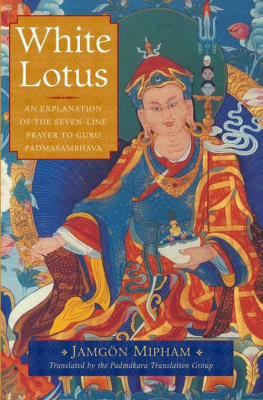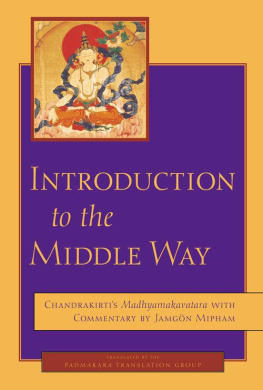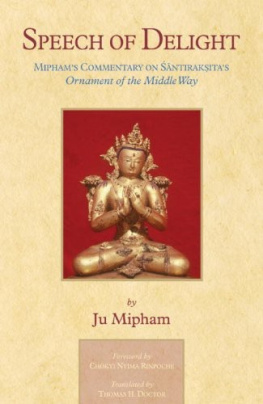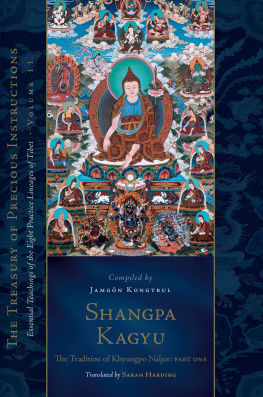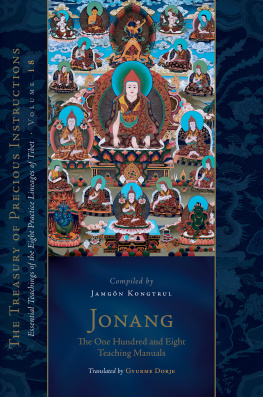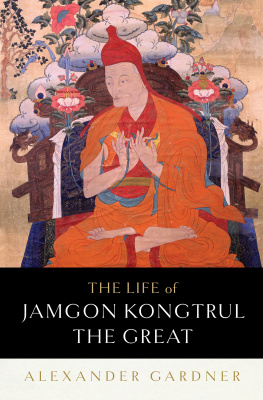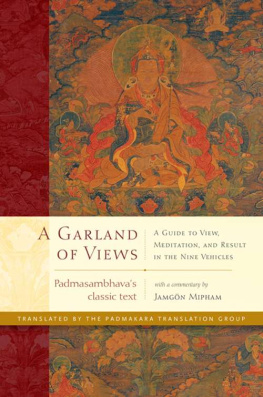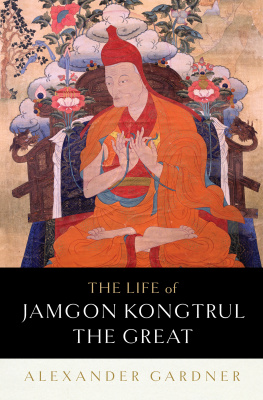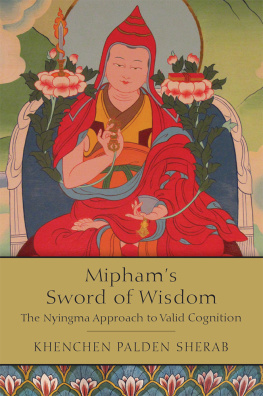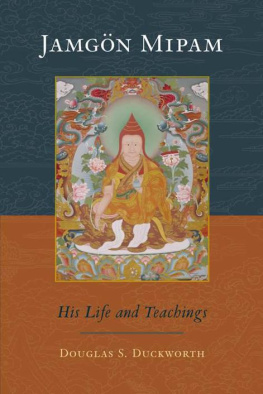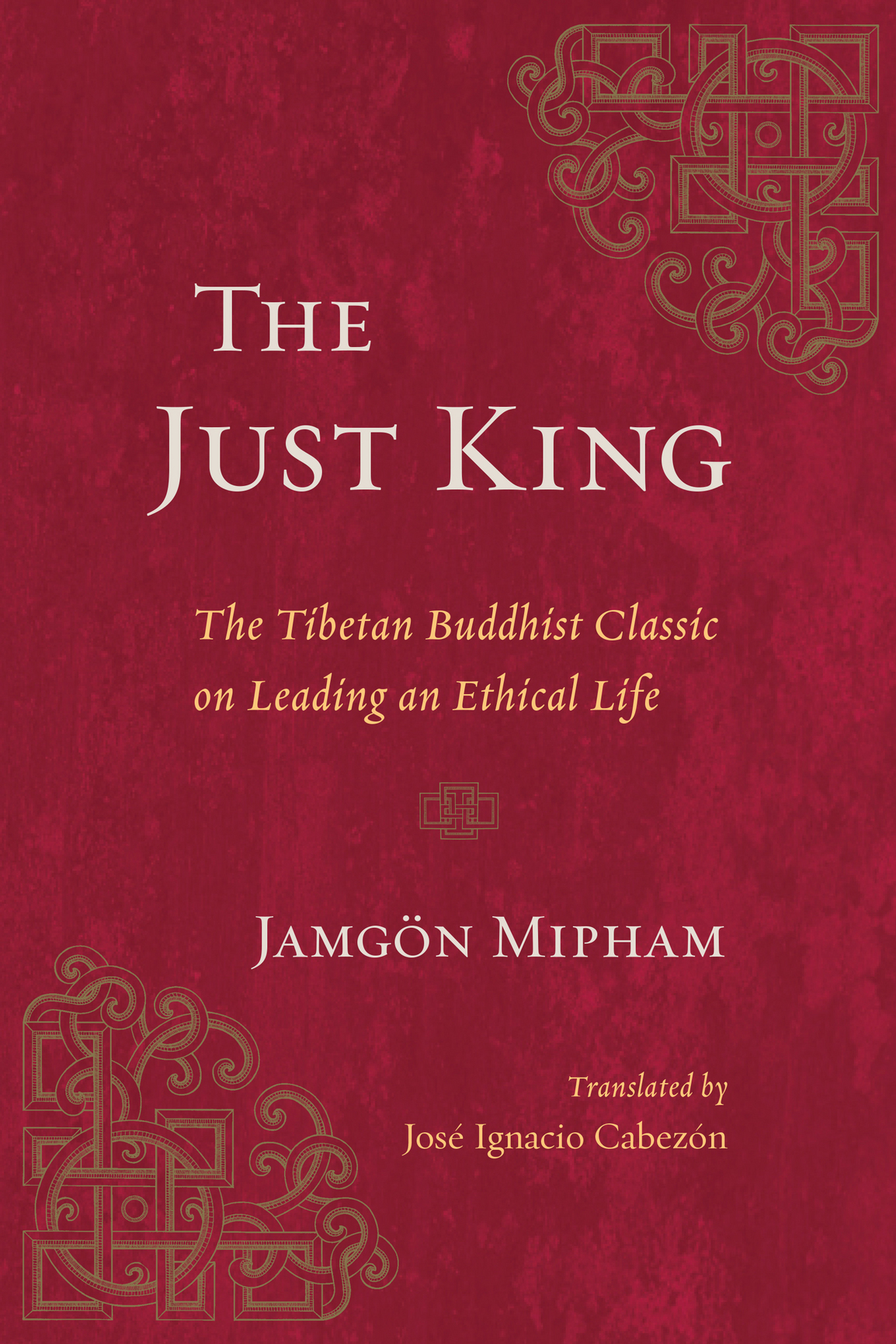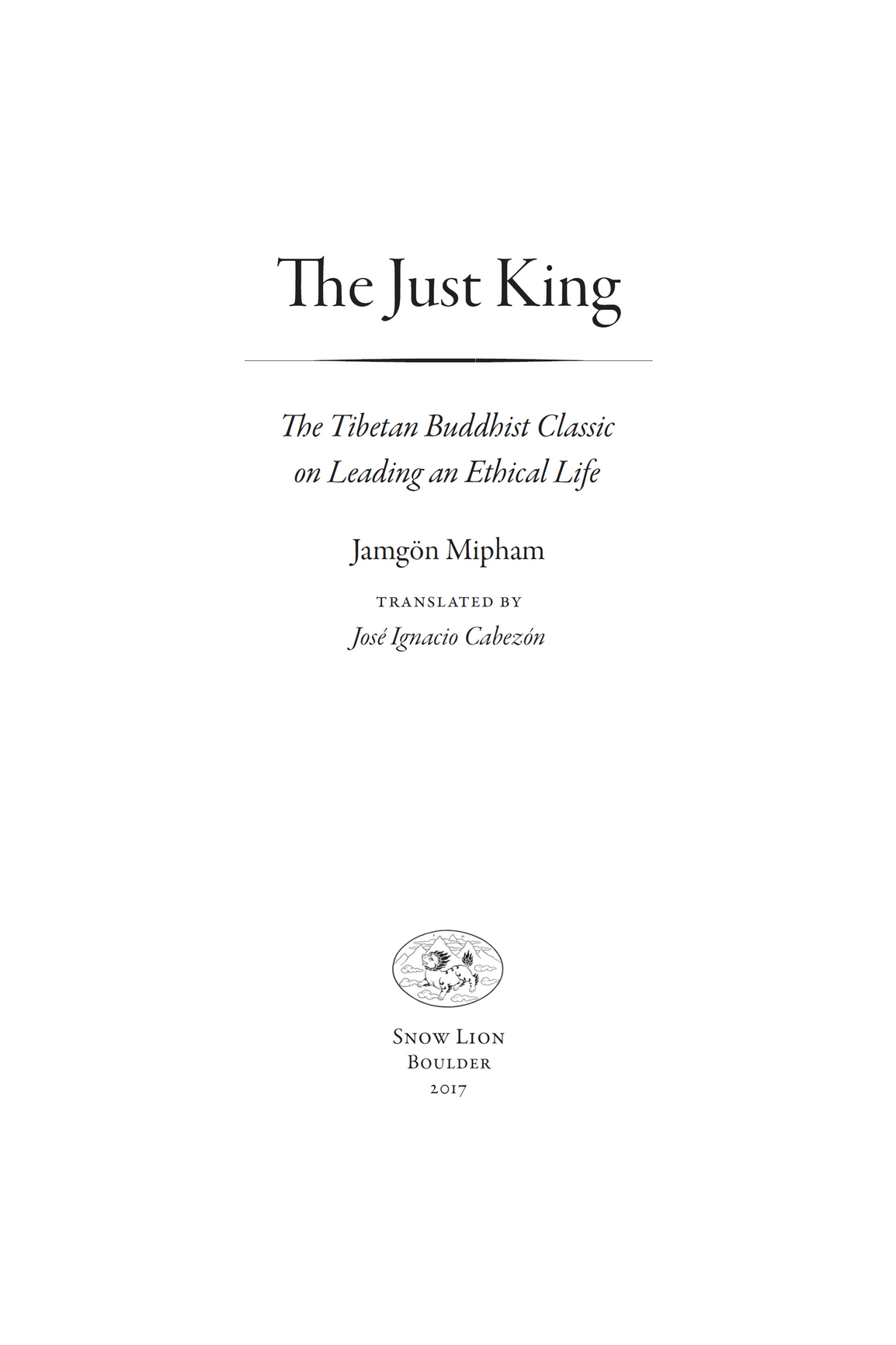Contents
Snow Lion An imprint of Shambhala Publications, Inc. 4720 Walnut Street Boulder, Colorado 80301 www.shambhala.com 2017 by Jos Ignacio Cabezn All rights reserved. No part of this book may be reproduced in any form or by any means, electronic or mechanical, including photocopying, recording, or by any information storage and retrieval system, without permission in writing from the publisher. Cover art by Marisa Aragon Ware L IBRARY OF C ONGRESS C ATALOGING - IN -P UBLICATION D ATA Names: Mi-pham-rgya-mtsho, Jam-mgon Ju, 18461912, author. | Cabezn, Jos Ignacio, 1956 translator. Title: The just king: the Tibetan Buddhist classic on leading an ethical life / Mipham; translated by Jos Ignacio Cabezn.
Other titles: Rgyal po lugs kyi bstan bcos sa gzhi skyong bai rgyan. English Description: First edition. | Boulder: Snow Lion, 2017. | Includes bibliographical references. Identifiers: LCCN 2016044914 | ISBN 9781611804966 (pbk.: alk. | Kings and rulersDuties. | Political ethics. | Political ethics.
Classification: LCC BQ 4570. S 7 M 5413 2017 | DDC 172/.2dc23 LC record available at https://lccn.loc.gov/2016044914 v4.1 a In memory of Michael Hahn and Jim Blumenthal, who devoted their lives to the study of the literature and ideals found in this book. All people are my children. What I desire for my own children, that I desire for everyone. There is no better work than promoting the welfare of all the people, and whatever efforts I make is to repay the debt I owe to all beings to assure their happiness in this life, and the attainment of heaven in the next. I, King Piyadasi (Aoka), desire that all religions should exist everywhere, for all of them desire self-control and purity of heart. Dhamma is good, but what does Dhamma mean? It means doing little evil and much good, and practicing kindness, generosity, truthfulness, and purity.It means proper behavior towards servants and employees, respect for teachers, restraint towards living beings, and generosity towards ascetics and brahmins.
There is no gift like the gift of the Dhamma, no acquaintance like acquaintance with Dhamma, no distribution like distribution of Dhamma, and no kinship like kinship through Dhamma. From the Aokan edicts (third century BCE ) Adapted from the translation by Ven. S. Dhammika
I NTRODUCTION
They rule who are truly rich, not in silver and gold, but in virtue and wisdom, which are the true blessings of life. Plato,
The Republic S IDDHRTHA G AUTAMA was born a prince, heir to the throne of the small North Indian kingdom of Kapilavastu. His biographies tell us that when he was an infant, he was brought before the sage Asita, who predicted that he would one day become either a universal monarch, or else an awakened one, a Buddha.
Leaving home and adopting a religious path, he achieved enlightenment, and among his many epithets was King of the Dharma (dharmarja). Buddhist texts through the ages are filled with allusions to kingship, employing a plethora of both royal images and metaphors of kingly conquest. As Peter Skilling notes, The victorious king mirrors the Buddha; and the victorious Buddha mirrors the king. Many of the Buddhas monks and nuns came from royal families. The stras or scriptures tell us that the Buddha himself enjoyed cordial relations with the most important North Indian monarchs of his day: Prasenajit, the king of Kosala; the Magadhan ruler Bimbisra and his parricide son Ajtaatru; Udyana, ruler of Vatsa; and of course his own father uddhodana. 232 BCE ), arguably the greatest of all Indian kings, is said to have converted to Buddhism after witnessing the devastation caused by one of his military campaigns. 232 BCE ), arguably the greatest of all Indian kings, is said to have converted to Buddhism after witnessing the devastation caused by one of his military campaigns.
Fast forward another century and we see Buddhist monks serving as advisors or interlocutors to other Indian rulers, like the Indo-Greek king Menander (d. 135 BCE ), and the Kushan king Kanika (ca. 127163 ce). Beginning in the first centuries of the common era, various foreign rulers started to play an important role in the spread of Buddhism throughout Asia. Is it any wonder then that Buddhist authors through the ages have had a lot to say about kings? This book is a translation of a Tibetan work on the theory and practice of Buddhist kingship and political ethics, perhaps the longest premodern work on the subject. It was written by one of Tibets greatest luminaries, Ju Mipham Namgyal Gyatso (18461912).
Mipham composed A Treatise on Ethics for Kings: An Ornament for Rulers in 1895 at the behest of Ngawang Jampel Rinchen, a prince of the kingdom of Derg in Kham in eastern Tibet. Although written in the form of advice to a Buddhist monarch, Mipham touts the works relevance to anyone who is in a position of authority, and even to people who live a solitary life. Even those who live alone without companions should engage in self-cultivation based on the Dharma of kings. When one trains ones mind to care for living beings, one eventually becomes a Dharma king oneself. Therefore, even when those who study these texts are not of royal blood, their good qualities will definitely give them dominion over a royal kingdom. According to Mipham, the work is meant as a guide to living an ethical life, but also a cause for achieving temporal power.
Tibetans have taught and studied Miphams Treatise for over one hundred years, seeing it as an excellent practical resource for navigating day-to-day life. We have evidence that the work was being taught at Derg Gnchen, the monastery of the capital of the Derg kingdom in Kham, in the 1940s. It is still used at the Larung Gar Buddhist Academy, the largest Buddhist monastery in the world, located in Sertar, Kham. In this introduction we present an overview of the Treatise, and a brief sketch of Miphams life and of the political situation in Kham during the period that Mipham wrote the Treatise. The introduction concludes with some remarks on the Tibetan text and its translation.
M IPHAM S T REATISE : A N O VERVIEW
Miphams work belongs to two interrelated verse genres of Indian and Tibetan literature. The first of these, the
nti treatises, are works on worldly ethics.
Although they often allude to religious ideals, they do not deal with complex doctrinal issues, focusing instead on practical concerns like wealth, power, and the material aspects of human flourishing. From the earliest times, some of the


